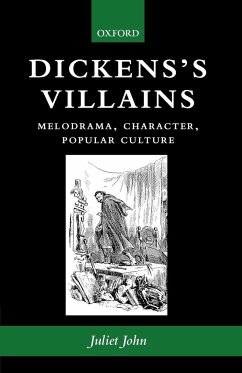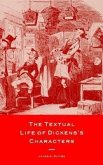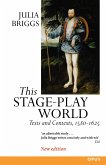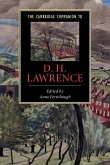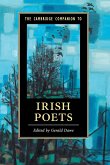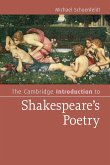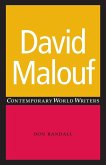This is the first major study of Dickens's villains. They embody, John argues, the crucial fusion between the 'deviant' and 'theatrical' aspects of his writing. Though there have been many studies of both the macabre and the dramatic Dickens, this book sets up a dialogue between these two main strands. John's wider reappraisal of Dickensian character stems from a belief that post-Romantic criticism and theory has been permeated by an anti-theatrical privileging of the mind. Dickens's characters, by contrast, are commonly modelled on passional prototypes from nineteenth-century melodrama. Her- interdisciplinary study locates the rationale for Dickens's melodramatic characters in his political commitment to the principle of cultural inclusivity and his related resistance to 'psychology'. Melodramatic villains function as the key site of Dickens's responses to theatricality, psychology, and cultural inclusiveness. Dickens's Villains suggests a new way of understanding the cultural and political implications of his melodramatic aesthetics.

